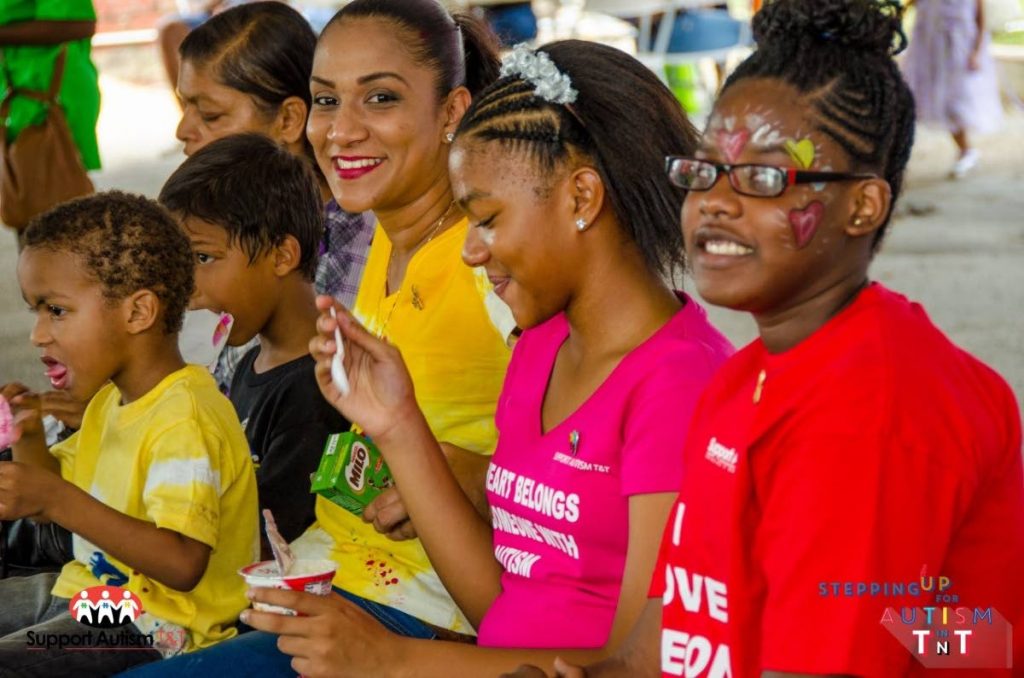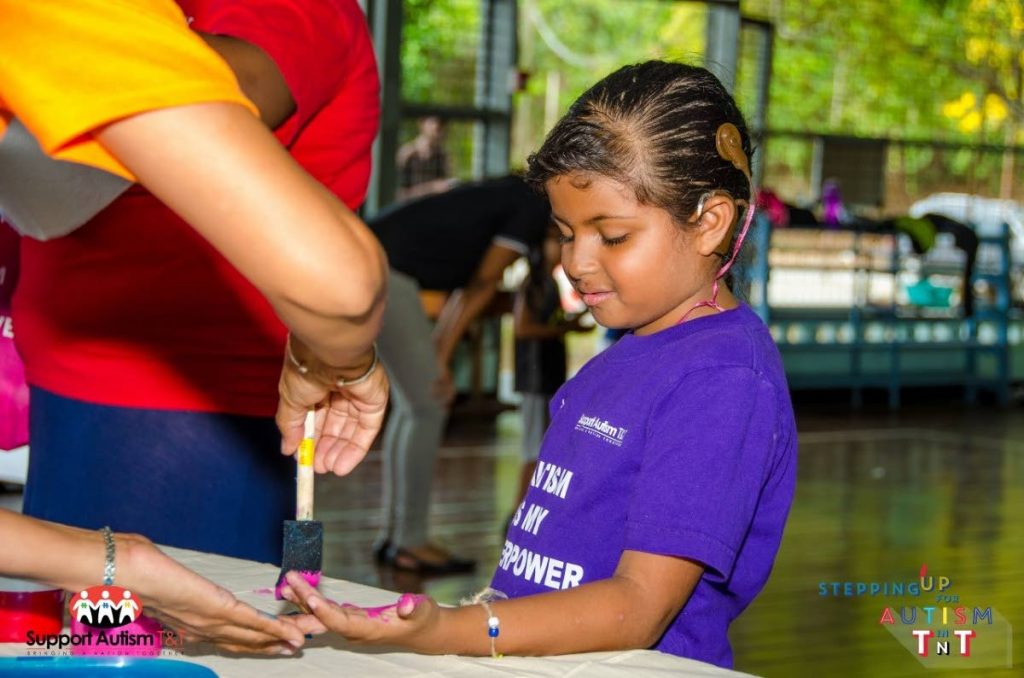Covid19 treatment and patients with autism

DR RADICA MAHASE
LAST Thursday, April 2, TT celebrated World Autism Awareness Day. This is the first time since 2007 when April 2 was designated World Autism Awareness Day that celebrations and events are occurring within the context of a world health crisis. The designation of covid19, however, as a pandemic, has drawn attention to the inequalities and discrimination of people with autism and special needs in general, even more.
Currently in TT, at the time that this article was written there were 107 positive cases and 7 deaths. There have been daily updates by the Ministry of Health and other relevant government ministries. Sadly, in the midst of all the updates and all the communication with the public, there has been absolutely no mention of the special needs population.
When the Ministry of Health outlined its protocols for institutionalisation and treatment of individuals who may test positive, there was no information pertaining to individuals with special needs. It is almost as if there is no special needs population in this country.
In an interview on the programme Unique not Different, hostess Shamla Maharaj questioned the Minister of Health Terrence Deyalsingh about the protocols for treating individuals with special needs who might test positive for covid19. Deyalsingh stated that “there are provisions in place in the designated facilities to handle persons with disabilities whether physical, cognitive, behavioural, etc…. We have to look at all the sub-population that may get infected.” The minister noted that there is wheelchair accessibility and for individuals with cognitive disabilities, “we will have to bring on a psychologist, psychiatrists to help them.”

This is worrisome because once again we have a situation where health officials and society as a whole perceive disability as physical or mental. And in that regard, provisions are made only for that group. How does this apply to disabilities like autism? If an adult with autism, who is at the developmental age of five years old for example, is tested positive for covid19, what protocols are there in place to treat this individual while catering to his/her special needs? What about a child with autism who might contract covid19?
When Maharaj pointed out that an individual with autism might be afraid of healthcare workers in PPE gear and might need a parent there, the minister was very clear that where his ministry’s protocols are concerned, parents and caregivers would only be allowed if absolutely necessary, but did not expand on what might constitute “absolutely necessary.”
According to Deyalsingh, “if we have a child under 18 who develop covid, in a normal hospital setting parents are allowed to stay with that child for 24 hours, however, for covid the protocols are going to change, no one, no caregiver, unless it is absolutely necessary is allowed to stay with a covid patient because of the possibility and threat of infection. So we may not allow parents.”
Because there is no communication to the public about the protocols for patients with autism, if they do exist, we have no idea if the Ministry of Health has even considered the possibility of quarantining special needs patients in their own homes in a familiar environment. Are home visits and treatment by medical professionals part of the ministry’s considerations? Is there even a discussion on teaching parents and caregivers to care for an individual with special needs who might test positive for covid19?
In his address in commemoration of World Autism Awareness Day 2020, UN Secretary General António Guterres stated, “Universal human rights, including the rights of persons with disabilities, must not be infringed upon in the time of a pandemic. Governments have a responsibility to ensure that their response includes persons with autism. Persons with autism should never face discrimination when seeking medical care.
They must continue to have access to the support systems required to remain in their homes and communities through times of crisis, instead of facing the prospect of forced institutionalisation. The rights of persons with autism must be taken into account in the formulation of all responses to the covid19 virus.”
For those with autism, it is very important to follow Deyalsingh’s advice – “Don’t get sick, don’t go out, isolate yourself” because if someone with autism were to test positive for covid19, the reality is health officials might not even know how to start to treat them without discriminating against them.
Dr Radica Mahase is founder/director, Support Autism T&T


Comments
"Covid19 treatment and patients with autism"